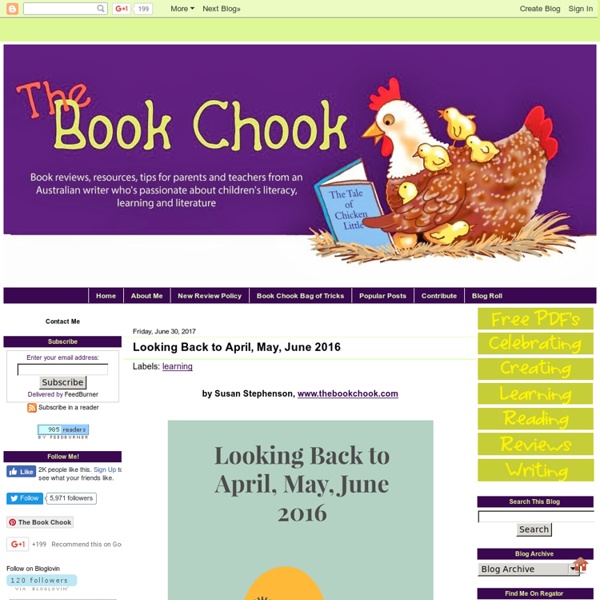



Free ebooks - Project Gutenberg Superhero Nation: how to write superhero novels, comic books and superhero books Complete List of Playscripts The Witches, Catherine, Marilyn, and Evelyn, will take you through a journey of Magic, Spells, and Fantasy. You will meet a Beautiful Princess and a Handsome Prince, and will run away from the Evil Witch and the Wicked Stepmother. The Forest will be filled with Beautiful Flowers, Talking Trees, and Funny Animals who will take you to gates of the Enchanted Palace Click Here to Read Playscripts in Spanish We have more than 600 scripts. Please take a look at Page 2 and Page 3 Kidsinco playscripts are not for sale, and they may not be republished totally or partially in any other website, blog, or forum. Please read our Terms of Use The narrator is not included in the number of characters in each playscript. 1. 2. 3. 4. 5. 6. 7. 8. 9. 10 . 11. 12. 13. 14. 15. 16. 17. 18. 19. 20. 21. 22. 23. 24. 25. 26. 27. 28. 29. 30. 31. 32. 33. 34.Chicken Little. 6 characters . 35. 36. 37. 38. 39. 40.The Three King´s Daughters. 7 characters. 41. 42. 43. 44. 45. 46. 47. 49. 50. 52. 53. 54. 55. 56. 57. 58. 59.
101 Great Sites for Social Studies Class 1.) The Library of Congress is a great source to find historical documents, photos, art, maps, audio and video, artifacts and other items. The American Memory section organizes items based on topics, time periods and places of American history. 2.) 3.) 3.1) EDSITEment "offers a treasure trove for teachers, students, and parents searching for high-quality material on the Internet in the subject areas of literature and language arts, foreign languages, art and culture, and history and social studies."
Mythical Creatures List, Mythical Creatures A-Z - StumbleUpon Batman or Shakespeare? How to Play Click the green button to start and enter the correct answers belowJust type 'S' for Shakespeare or 'B' for Batman. Created May 4, 2011ReportTags:author, DC Comics, quote, Shakespeare, superhero, This or That, Batman, dark, Dark Knight, writing <div class="noscript" id="noscriptbox"><span style="color: red; font-size: 18px;"> Javascript is not currently enabled on your browser.<br />If you do have Javascript enabled: <button onclick="$('noscriptbox').hide()">HIDE THIS WARNING</button><br />This site uses javascript to make the magic happen. Go to the Sporcle.com Mobile Site →
The School for Ethical Education (SEE) - Home Page ESL Teacher Resources, Job Boards, and Worksheets AIA Drama Blog: Kick-starting the new academic year! Wow, it's been a while since my last post! But I'm back! I have been trying to shake-off the holiday mode and get back into the routine, partly because I love routines (to a certain extent), and partly because I miss the routine too! So, 2013 is a very exciting year for us in the drama classroom! The academic year kicked off with an introduction to the rules, procedures and expectations in the drama class (or a refresher for the returning students), as well as an introduction to the MYP unit-of-work for the first term, particularly the Area of Interaction Focus, the Significant Concept and the MYP Unit Question. During the second week, all classes were assigned a research & oral presentation task which will be used to assess Criterion A (Knowledge & Understanding).
thedaringlibrarianpresents - home Share Book Recommendations With Your Friends, Join Book Clubs, Answer Trivia Ten Ways to Cultivate a Love of Reading in Students As a teacher, I was obsessed with cultivating a love of reading in my students. I love to read, loved it as a kid too. I'm equally compelled to ensure that my own child loves reading -- and he does. I well aware that I'm on a mission -- but I also know it's a worthy one! Here are ten suggestions for how any teacher, teaching any subject can participate in this mission, and how parents and administrators can help. Read. There's so much more we can all do -- from the superintendent to the classroom teacher, the custodian to the parent's association. Teaches, how do you cultivate a love of reading?
KS2 Literacy Different types of words can be used to make your writing more interesting and easier to read. You need to know when to use them and how to spot them. In writing, words are grouped together into phrases, sentences, clauses and paragraphs. Linking these building blocks together in the right way makes your writing easy to understand and interesting to read. Use your commenting skills to identify what's wrong with these pieces of writing. When you are writing non-fiction it's important to use a style of writing that fits the subject.Use your knowledge of non-fiction writing to group the correct titles, text and pictures together. © v2vtraining.co.uk The Look, Say, Cover, Write & Check is a support tool for learning spellings using a trusted multi-sensory approach. This activity helps prove the rules of changing nouns from singular to plural. This is an activity targeted to Year 4 to help with medium frequency words. An updated version of the traditional word guess game.